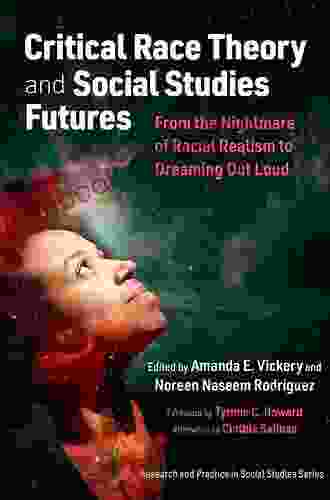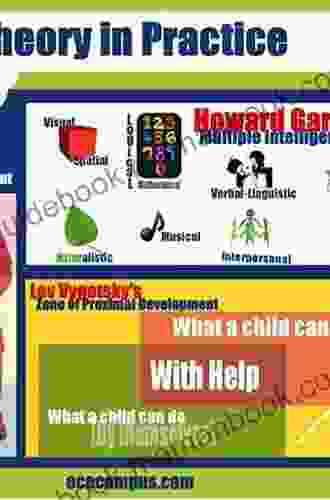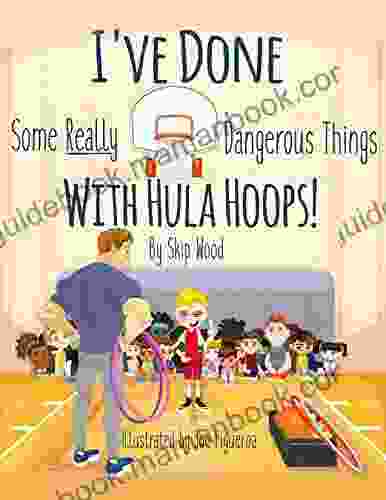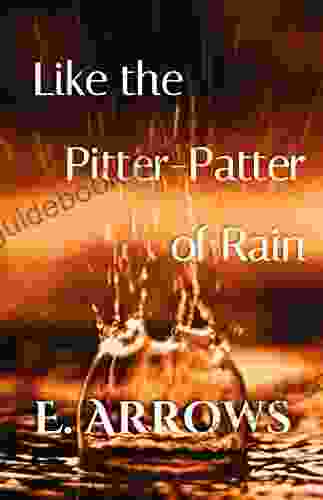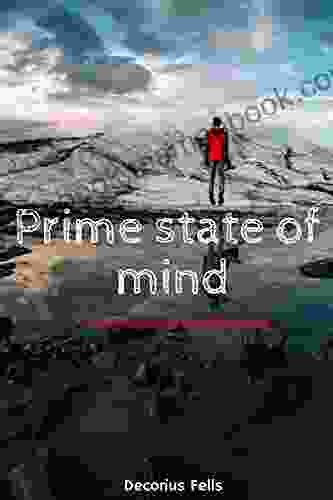Critical Race Theory and Social Studies Futures: Unraveling the Complexities of History and Identity

Critical Race Theory (CRT) has emerged as a provocative and influential framework through which we can analyze the complexities of race, history, and identity in the United States education system. Introduced in the 1970s, CRT scholars contend that race is not simply a biological or cultural construct, but rather a social and political construct that has shaped the historical and contemporary experiences of people of color in the United States. CRT posits that systemic racism is embedded in societal institutions, including education, and that it perpetuates racial inequality and oppression.
In recent years, CRT has become a subject of intense debate in the field of social studies education. Supporters of CRT argue that it provides a necessary lens for understanding and addressing the systemic racism that continues to plague our schools and society. Opponents, on the other hand, express concerns that CRT is divisive and that it undermines patriotism and meritocracy. Amidst this controversy, the question of how CRT will shape the future of social studies education remains unanswered.
4.4 out of 5
| Language | : | English |
| File size | : | 2172 KB |
| Text-to-Speech | : | Enabled |
| Screen Reader | : | Supported |
| Print length | : | 336 pages |
| Paperback | : | 75 pages |
| Item Weight | : | 4.8 ounces |
| Dimensions | : | 8.5 x 0.17 x 11 inches |
The Origins and Evolution of Critical Race Theory
The origins of CRT can be traced back to the legal academy of the 1970s, where scholars such as Derrick Bell, Richard Delgado, and Mari Matsuda developed a critique of the liberal approach to civil rights. They argued that the legal system was inherently biased against people of color and that formal equality was not enough to address racial inequality.
In the 1980s and 1990s, CRT scholars began to apply their insights to the field of education. They argued that schools were not neutral spaces, but rather sites of racial conflict and inequality. They highlighted the ways in which curricula, textbooks, and teaching practices often perpetuated racist stereotypes and marginalized the experiences of students of color.
Key Concepts of Critical Race Theory
- Race as a Social Construct: CRT scholars argue that race is not a natural or biological category, but rather a social and political construct that has been used to justify racial inequality and oppression.
- Systemic Racism: CRT posits that racism is not simply a matter of individual prejudice, but rather a systemic phenomenon that is embedded in societal institutions, including education. Systemic racism can manifest in both overt and subtle ways, and it can perpetuate racial inequality even in the absence of intentional discrimination.
- Intersectionality: CRT emphasizes the importance of intersectionality, or the ways in which different forms of oppression (such as racism, sexism, and classism) intersect to create unique experiences of marginalization and discrimination.
- Resistance and Agency: CRT scholars recognize the agency of people of color in resisting racial oppression. They highlight the ways in which individuals and communities have fought against racism and worked to create more just and equitable societies.
Critical Race Theory in Social Studies Education
CRT has had a significant impact on the field of social studies education. CRT scholars have argued that traditional social studies curricula and textbooks have often ignored or distorted the experiences of people of color. They have also called for more inclusive and empowering approaches to teaching history and social studies that promote critical thinking and social justice.
Here are some specific ways in which CRT has influenced social studies education:
- Curriculum Reform: CRT scholars have developed new curricula and textbooks that provide more accurate and inclusive accounts of history and social studies. These materials focus on the experiences and perspectives of diverse groups of people, and they challenge traditional narratives that perpetuate racist stereotypes.
- Teacher Education: CRT has also influenced teacher education programs. CRT scholars have argued that teachers need to be critically aware of the ways in which racism can shape their teaching practices. They have developed new approaches to teacher education that emphasize social justice and equity.
- Student Engagement: CRT has also helped to increase student engagement in social studies education. By providing students with a more accurate and inclusive account of history, CRT can help them to understand the complex challenges facing our society and to develop the critical thinking skills necessary to address these challenges.
The Future of Critical Race Theory in Social Studies Education
The future of CRT in social studies education is uncertain. CRT remains a controversial topic, and there is ongoing debate about its place in the classroom. However, CRT has had a significant impact on the field of social studies education, and it is likely to continue to shape the way we teach history and social studies in the years to come.
Supporters of CRT argue that it is essential for understanding and addressing the systemic racism that continues to plague our schools and society. They believe that CRT can help to create a more just and equitable education system for all students.
Opponents of CRT, on the other hand, express concerns that it is divisive and that it undermines patriotism and meritocracy. They argue that CRT focuses too much on the negative aspects of history and that it does not give enough attention to the progress that has been made in race relations.
The debate over CRT is likely to continue for some time. However, it is important to remember that CRT is not a monolithic theory. There are many different perspectives on CRT, and it is possible to incorporate some of its insights into social studies education without endorsing all of its tenets.
Ultimately, the decision of whether or not to incorporate CRT into social studies education is a complex one. There are no easy answers, and there are valid arguments on both sides of the issue. However, it is important to have a informed discussion about CRT and its implications for the future of social studies education.
Critical Race Theory is a complex and challenging framework, but it has the potential to help us to understand and address the systemic racism that continues to plague our schools and society. By providing a more accurate and inclusive account of history and social studies, CRT can help to create a more just and equitable education system for all students.
The future of CRT in social studies education is uncertain, but it is likely to continue to shape the way we teach history and social studies in the years to come. It is important to have a informed discussion about CRT and its implications for the future of social studies education.
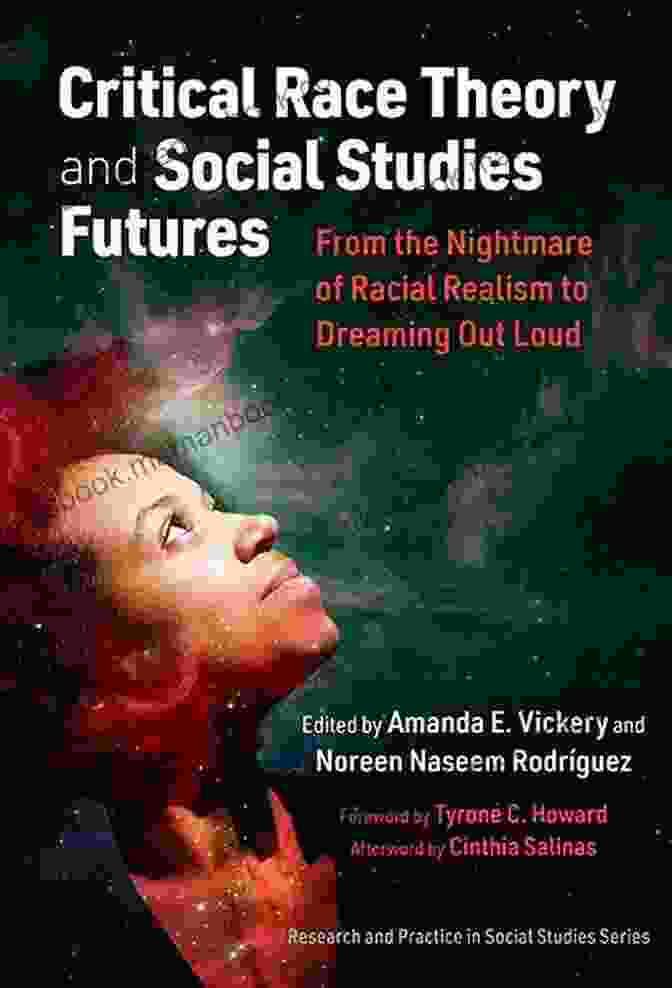
- Bell, Derrick. "Racist Remedies: A Critique of Liberal Racial Reform." Harvard Law Review 103.4 (1990): 721-798.
- Delgado, Richard. "Critical Race Theory: An ." New York University Law Review 82.1 (1993): 211-240.
- Matsuda, Mari J. "Looking to the Bottom: Critical Legal Studies and Reparations." Harvard Civil Rights-Civil Liberties Law Review 22.2 (1987): 323-393.
- Parker, L. D. (2003). The annals of educational research: Critical race theory and social studies: Counterstories of racism and resistance. Educational Researcher, 32(5),5-12.
- Yosso, Tara J. "Critical Race Theory, Racial Microaggressions, and Campus Climate for Underrepresented Students." The Journal of Higher Education 78.6 (2007): 650-690.
4.4 out of 5
| Language | : | English |
| File size | : | 2172 KB |
| Text-to-Speech | : | Enabled |
| Screen Reader | : | Supported |
| Print length | : | 336 pages |
| Paperback | : | 75 pages |
| Item Weight | : | 4.8 ounces |
| Dimensions | : | 8.5 x 0.17 x 11 inches |
Do you want to contribute by writing guest posts on this blog?
Please contact us and send us a resume of previous articles that you have written.
 Top Book
Top Book Novel
Novel Fiction
Fiction Nonfiction
Nonfiction Literature
Literature Paperback
Paperback Hardcover
Hardcover E-book
E-book Audiobook
Audiobook Bestseller
Bestseller Classic
Classic Mystery
Mystery Thriller
Thriller Romance
Romance Fantasy
Fantasy Science Fiction
Science Fiction Biography
Biography Memoir
Memoir Autobiography
Autobiography Poetry
Poetry Drama
Drama Historical Fiction
Historical Fiction Self-help
Self-help Young Adult
Young Adult Childrens Books
Childrens Books Graphic Novel
Graphic Novel Anthology
Anthology Series
Series Encyclopedia
Encyclopedia Reference
Reference Guidebook
Guidebook Textbook
Textbook Workbook
Workbook Journal
Journal Diary
Diary Manuscript
Manuscript Folio
Folio Pulp Fiction
Pulp Fiction Short Stories
Short Stories Fairy Tales
Fairy Tales Fables
Fables Mythology
Mythology Philosophy
Philosophy Religion
Religion Spirituality
Spirituality Essays
Essays Critique
Critique Commentary
Commentary Glossary
Glossary Bibliography
Bibliography Index
Index Table of Contents
Table of Contents Preface
Preface Introduction
Introduction Foreword
Foreword Afterword
Afterword Appendices
Appendices Annotations
Annotations Footnotes
Footnotes Epilogue
Epilogue Prologue
Prologue M M Hobs
M M Hobs Manuel Hutchinson Iii
Manuel Hutchinson Iii S Daniel Abraham
S Daniel Abraham Jed Mackay
Jed Mackay Harriet Posner
Harriet Posner Bestwriters Club
Bestwriters Club Philip K Allan
Philip K Allan Barbara Hanna Wasik
Barbara Hanna Wasik Clare Pooley
Clare Pooley Stephanie E Jones Rogers
Stephanie E Jones Rogers Kat Martin
Kat Martin Stephen Llewelyn
Stephen Llewelyn Eberhard Grawohn
Eberhard Grawohn Alexander R Davis
Alexander R Davis Michael Mcknight
Michael Mcknight Freya Marske
Freya Marske Wesley Freeman
Wesley Freeman Chuck Collins
Chuck Collins Leeanna Morgan
Leeanna Morgan Maths Solutions
Maths Solutions
Light bulbAdvertise smarter! Our strategic ad space ensures maximum exposure. Reserve your spot today!
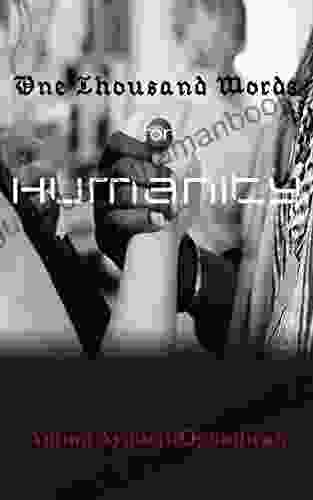
 Christopher WoodsOne Thousand Words for Humanity: A Powerful Movement to Unite and Inspire
Christopher WoodsOne Thousand Words for Humanity: A Powerful Movement to Unite and Inspire Isaiah PriceFollow ·3.7k
Isaiah PriceFollow ·3.7k Ivan CoxFollow ·6.9k
Ivan CoxFollow ·6.9k Marcel ProustFollow ·10.5k
Marcel ProustFollow ·10.5k Ken FollettFollow ·5.9k
Ken FollettFollow ·5.9k Casey BellFollow ·16.1k
Casey BellFollow ·16.1k Travis FosterFollow ·6.4k
Travis FosterFollow ·6.4k George Bernard ShawFollow ·4.1k
George Bernard ShawFollow ·4.1k Stan WardFollow ·19.6k
Stan WardFollow ·19.6k
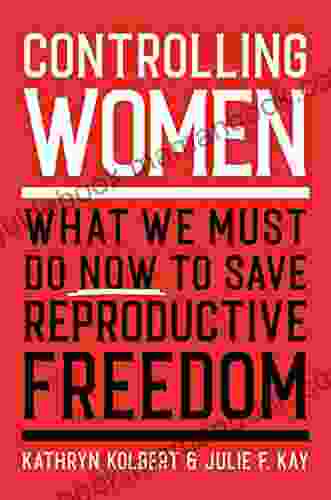
 Leslie Carter
Leslie CarterWhat We Must Do Now To Save Reproductive Freedom
Roe v. Wade, the landmark...
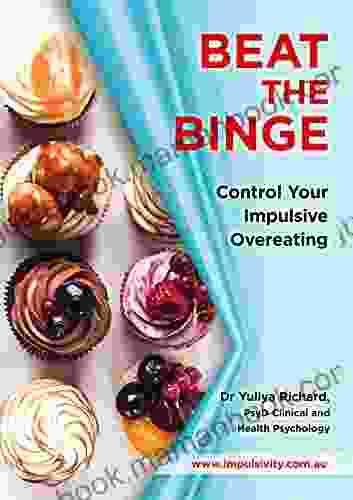
 Cade Simmons
Cade SimmonsThe Unbreakable Bond: Unveiling the Connection Between...
In the realm of...
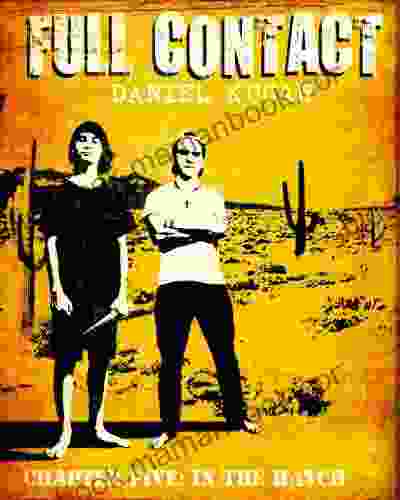
 Roy Bell
Roy BellFull Contact Chapter Five: The Final Chapter of the Hatch...
In this gripping to the Hatch saga, we...
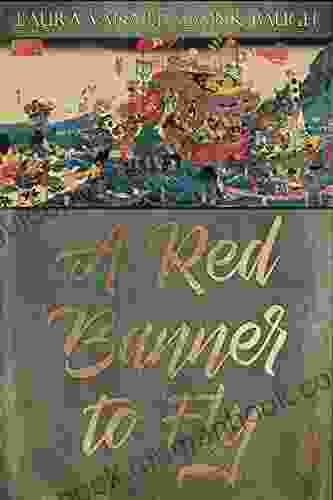
 Fred Foster
Fred FosterUnveiling the Tale of the Genpei Wars: A Comprehensive...
Deep within the annals of Japanese history,...
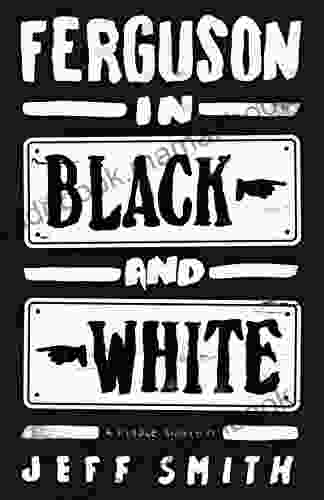
 Jaden Cox
Jaden CoxFerguson in Black and White: A Profound Examination of...
The Ferguson tragedy, sparked by the fatal...
4.4 out of 5
| Language | : | English |
| File size | : | 2172 KB |
| Text-to-Speech | : | Enabled |
| Screen Reader | : | Supported |
| Print length | : | 336 pages |
| Paperback | : | 75 pages |
| Item Weight | : | 4.8 ounces |
| Dimensions | : | 8.5 x 0.17 x 11 inches |


